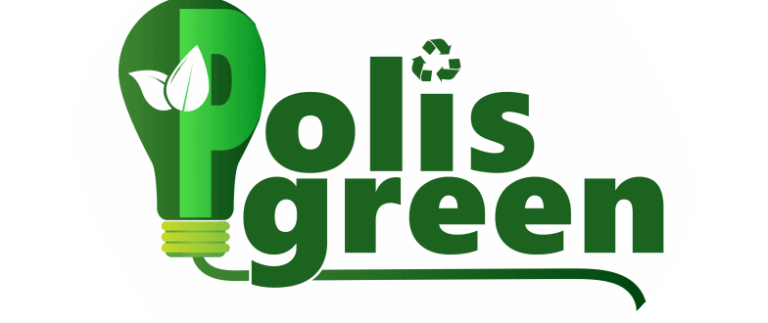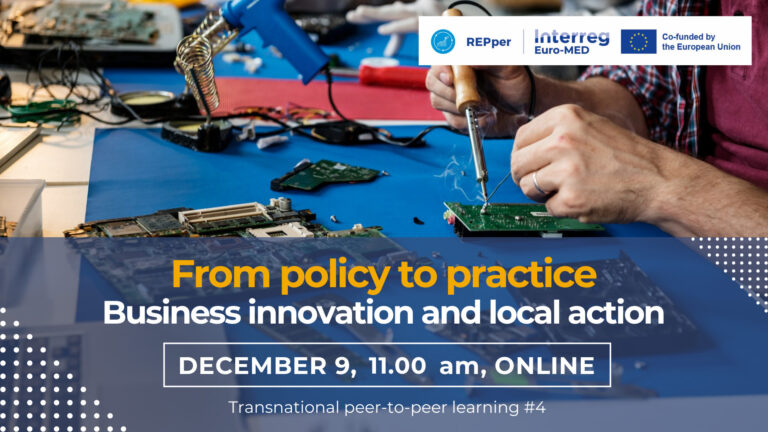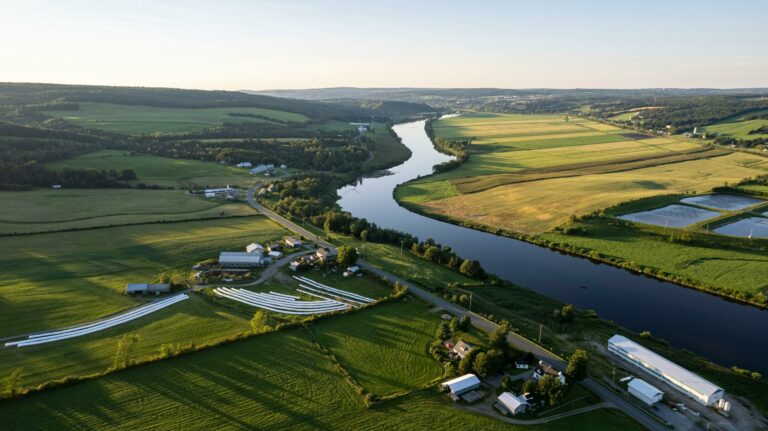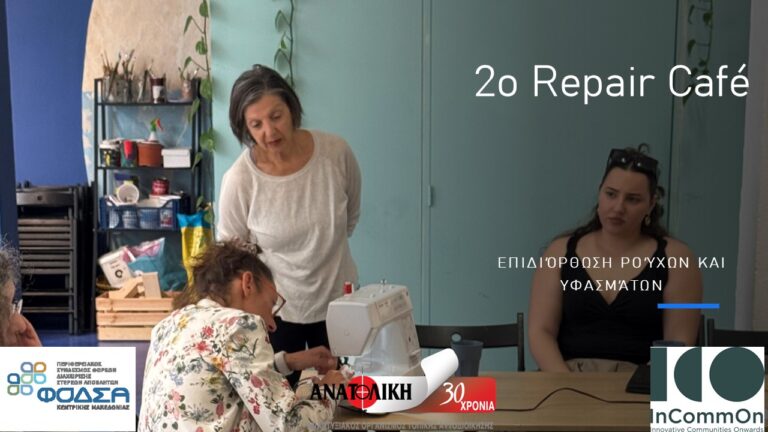Wednesday, 24 September 2025, 18.30-20.30
The Focus Group “Repair & Circular Economy: Opportunities & Challenges” was the third activity organized through the collaboration between Incommon and ANATOLIKI S.A., as part of the REPper Hub created for the European project REPper. The aim of the session was to gather experiences, attitudes, and perceptions related to repair practices as a key component of a more circular and sustainable economy. Participants were invited from various fi elds and professional backgrounds to ensure diversity and representativeness, while keeping the group small, as required in a focus group format. The group included representatives from civil society, craftsmen, repairers, makers, small businesses active in the sector, stakeholders involved in European projects, and representatives of local authorities. The session ran smoothly, in a positive and collaborative atmosphere. Participants showed genuine interest, actively engaged in the discussion, and shared experiences and perspectives, contributing to a meaningful and productive dialogue. In total, 12 people attended, and all provided positive feedback.
The meeting began with a short warm-up exercise, during which participants worked in pairs, introduced themselves, and briefl y shared how they are connected to repair activities and what challenges they encounter in their daily lives. The main issues that emerged were limited budgets, lack of time, fear of damaging or failing a repair attempt, and, most importantly, product design that often prevents easy disassembly or fixing. Participants also highlighted the high cost and limited availability of spare parts and materials, as well as the shortage of qualifi ed professionals. Finally, they referred to complex procedures and an unclear regulatory framework, which often act as deterrents.
In the second part, a classic focus group discussion took place, structured around the following questions:
- Do you know what the circular economy is and how it relates to repair?
- Are you aware of the EU’s stance and policies on repair?
- Do you personally or professionally practice repair?
- Are there enough skills and training opportunities in the market for repair, or is there a shortage of skilled technicians?
- What changes in regulations or policies could make repair more accessible and sustainable?
The facilitators guided the discussion to ensure that all voices were heard and diff erent perspectives emerged. Participants spoke freely or were invited to share their views to maintain balanced participation. Detailed notes were taken, and the discussion was recorded with the consent of all participants.
The responses showed that knowledge about the circular economy and its connection to repair varied. Some participants had limited awareness, while others had more experience or professional engagement with the topic. The importance of repair as a core pillar of the circular economy was widely recognized, with several suggesting it should take a more central place in the hierarchy of the Rs of circular economy, since it requires fewer resources compared to other practices. An interesting point was the reference to the emotional value of repair — the idea of “keeping something alive” — emphasizing that repair is not only a technical activity but also a cultural act. Many participants mentioned that they had engaged in small repair activities in the past, linking this to traditional practices of frugality and self-suffi ciency.
Regarding the European Union’s stance, most participants stated that they were familiar with the general framework and the concept of the “Right to Repair.” They considered it positive that the issue has gained political attention, although delays in the implementation of related measures were noted. Some participants learned about the EU directive through local initiatives, workshops, or meetings such as this focus group. At the same time, they pointed out that in certain sectors, such as textiles, the regulatory landscape remains unclear and progress slow. All agreed that clearer political direction and stronger incentives could accelerate the transition toward more sustainable practices.










